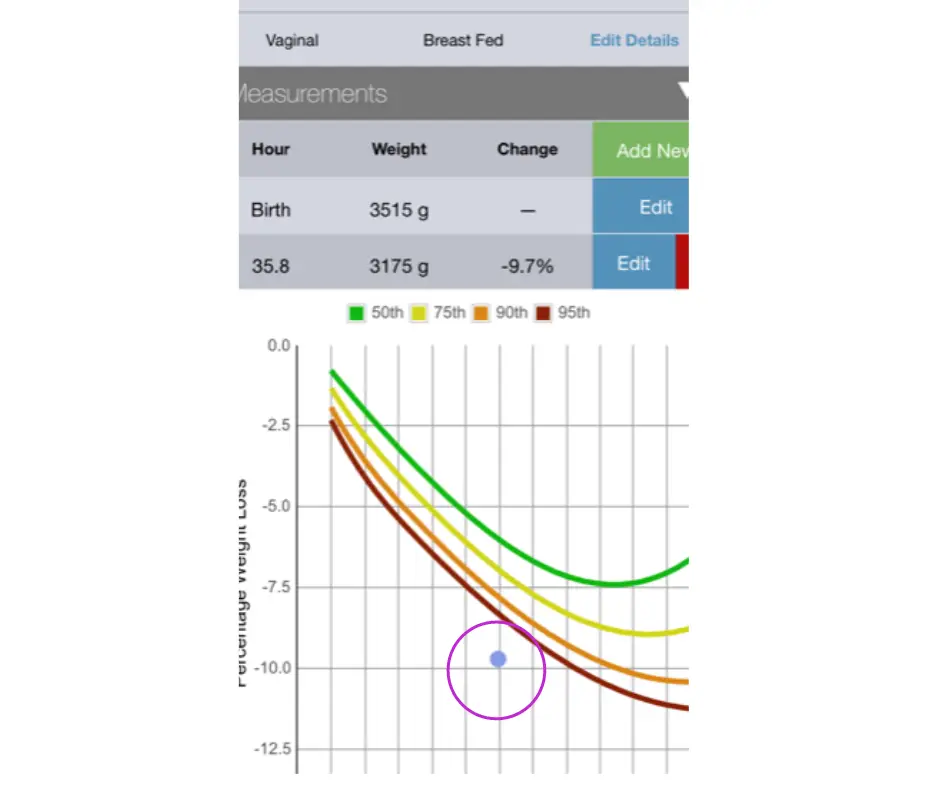On August 11, 2020, Dr. Nicole King, Anesthesiologist, Critical Care Intensivist, Patient Safety Expert and Senior Advisor to the Fed is Best Foundation spoke at the USDA Scientific Report of the 2020 Dietary Guidelines Advisory Committee meeting warning of the dangers and patient rights violations of the Baby-Friendly Hospital Initiative. Watch her address below.
Good afternoon, my name is Nicole King and I am a mother and a physician. As an anesthesiologist and intensive care physician, I am faced with life and death circumstances every day. In no way did I ever consider breastfeeding my child would be as stressful as supporting a COVID patient through their critical illness. Five years ago, I realized how wrong I was.
Continue reading →





